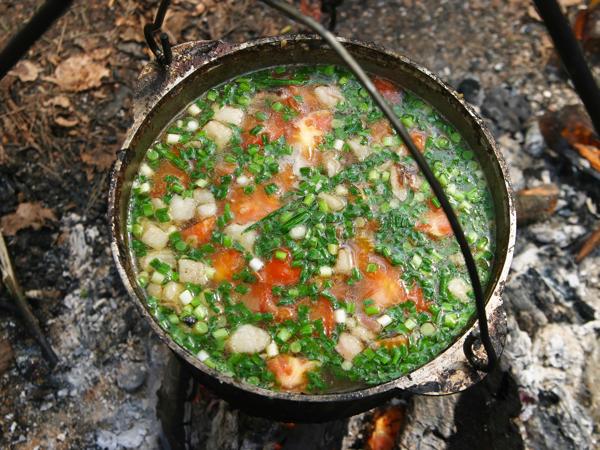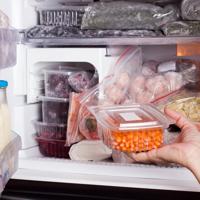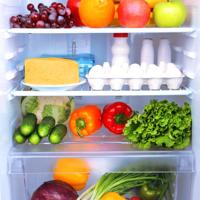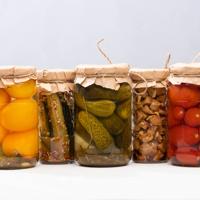The ability to cook without power is invaluable during emergencies. Whether it's due to a natural disaster, a long-term power outage, or an unexpected crisis, knowing how to prepare meals without depending on electricity can provide comfort and sustenance when you need it most. In this article, we will explore various methods to cook without power, offering practical tips and examples to ensure you're prepared for any situation.
Understanding Your Options
When the power goes out, having alternative cooking methods is important. Each option has its strengths and limitations, so it's beneficial to be familiar with a few different approaches.
1. Camp Stoves
Camp stoves are a convenient option for cooking during emergencies. Powered by propane, butane, or other types of fuel, they offer a reliable source of heat.
- Types of Camp Stoves: Consider portable propane stoves or backpacking stoves.
- Fuel Storage: Stock up on fuel canisters and store them safely.
- Usage Tips: Use them in a well-ventilated area to ensure safety.
2. BBQ Grills
If you have a charcoal or gas grill, it can double as an emergency cooking device.
- Charcoal Grills: Ensure you have an ample supply of charcoal. Remember, it can take longer to cook in windy or rainy conditions.
- Gas Grills: Check your propane levels regularly and store an extra tank if possible.
- Safety Note: Never use grills indoors due to the risk of carbon monoxide poisoning.
3. Solar Ovens
Solar ovens harness the power of the sun, providing an eco-friendly and renewable cooking method.
- Efficiency: Best used during sunny days, although they require longer cooking times.
- DIY Options: You can make a simple solar oven using cardboard, foil, and a glass container.
- Limitations: Challenging to use on cloudy days or during nighttime.
4. Fire Pit Cooking
A simple fire pit setup can be an effective way to cook when you have access to dry wood.
- Tools Needed: Consider having a grill grate, cast iron skillet, and fireproof gloves.
- Wood Supply: Gather dry wood and kindling, and store them in a dry place.
- Tips: Practice fire safety and ensure flames are fully extinguished after use.
5. Rocket Stoves
Rocket stoves are highly efficient in burning small amounts of wood, making them ideal for emergencies.
- Advantage: They use minimal fuel and produce high heat.
- DIY Approach: You can build a rocket stove using cans or concrete blocks.
- Usage: Try to use dry wood to minimize smoke.
Preparing Your Pantry
Having a well-stocked pantry with non-perishable items can make meal preparation easier during emergencies.
- Canned Goods: Include a variety of beans, vegetables, soups, and meats.
- Grains and Pasta: Rice, pasta, and oats are versatile for many recipes.
- Seasonings and Sauces: Enhance flavors with salt, pepper, herbs, and condiments.
- Nut Butters and Jams: Provide proteins and can be eaten without cooking.
- Powdered Milk and Nutritional Supplements: Useful for nourishment without requiring refrigeration.
Conclusion
While cooking without power presents challenges, being prepared can make a significant difference. Exploring multiple cooking methods and having the right supplies can alleviate the stress of an emergency situation. It’s not just about sustenance; warm meals can comfort and assure during uncertain times.
Remember to practice any new methods before an emergency occurs, and regularly check supplies to ensure you're ready when the need arises.
References
- Ready.gov - Food Safety After a Power Outage
- American Red Cross - Cooking Without Power
- Solar Cooking - Building a Simple Solar Oven
This knowledge isn’t exhaustive, but cultivating these skills and resources can help you better manage and adapt to emergency situations. Feel free to share your experiences or any additional tips in the comments section. Happy prepping!




